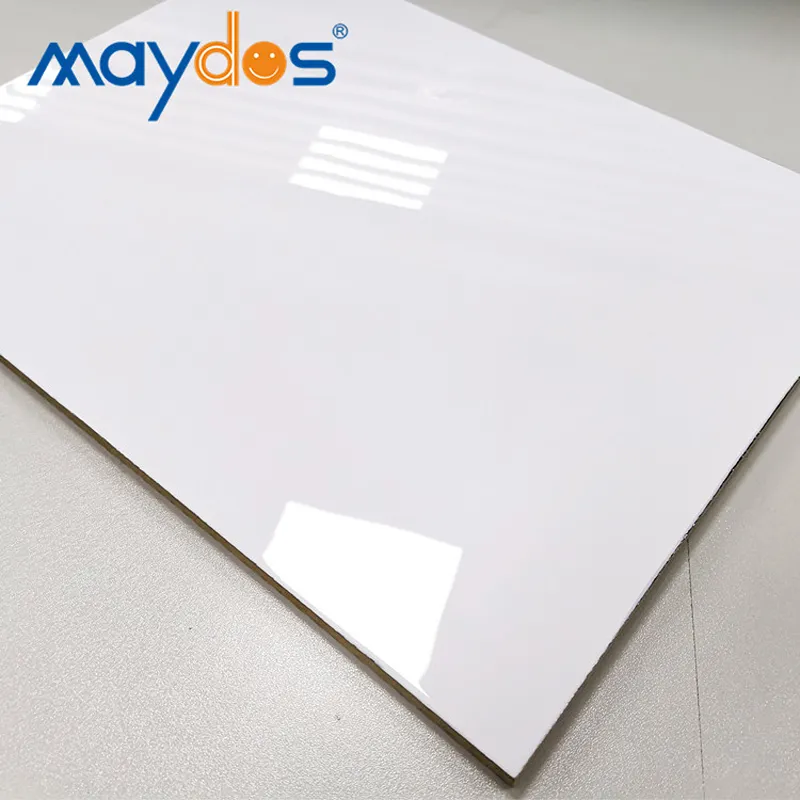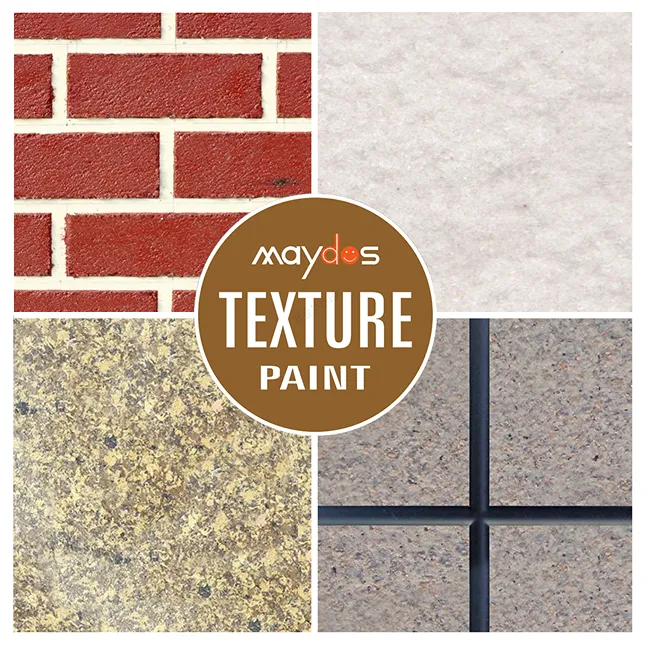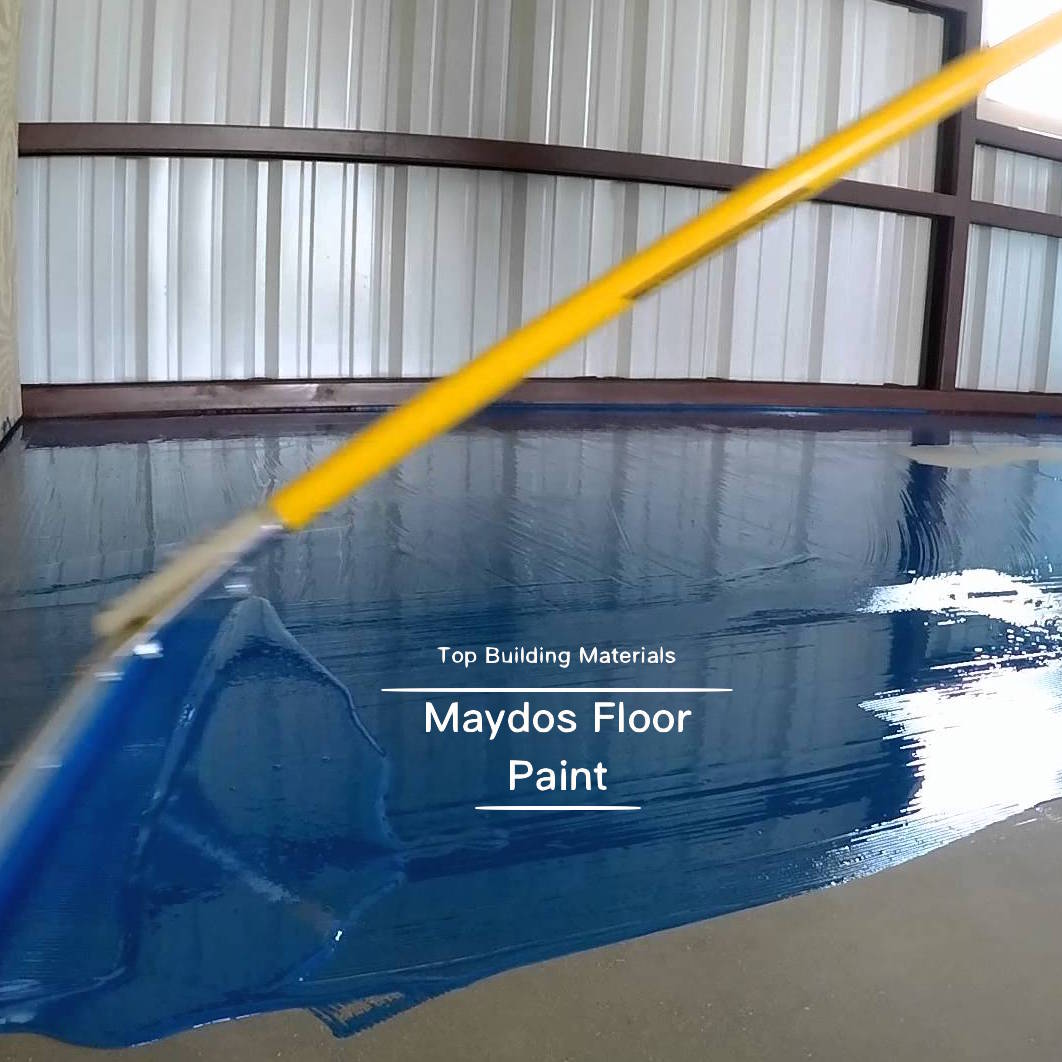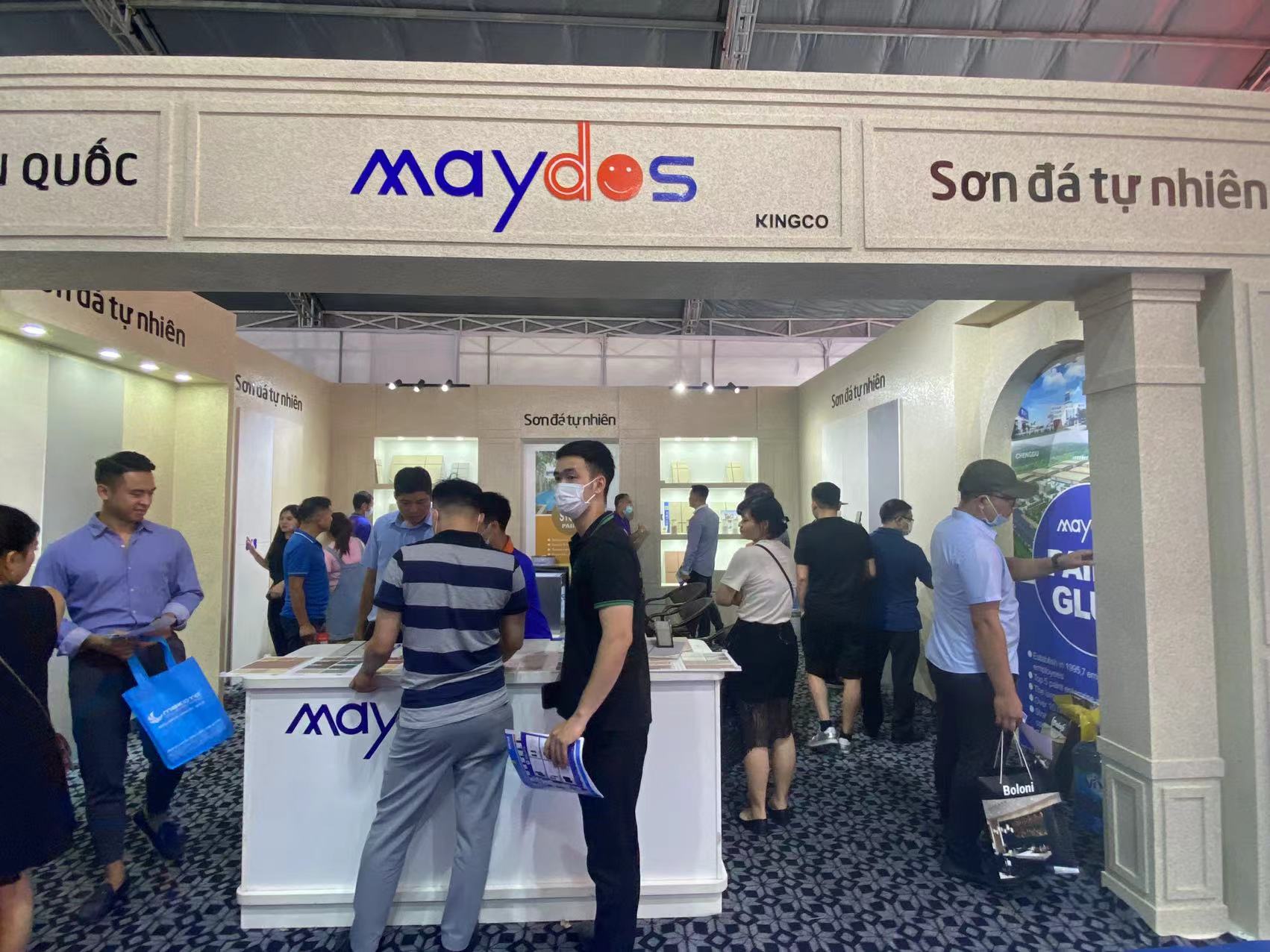Glue Adhesive Factory Manufacturers
Glue Adhesive factory manufacturers can provide you with a variety of products. You can choose from Casein, Epoxy, Foam and Tape adhesives.
Hot melt adhesives
Hot melt adhesives are a cost-effective solution for a variety of applications. They are also durable and versatile and offer a wide range of benefits. While many people may think of hot melts as being hazardous or environmentally unfriendly, they are a very safe choice and are not prone to flammability.
Thermoplastic polymers are the main ingredients of hot melts. Polymers give the adhesive strength, flexibility and durability.
A few additives, such as waxes, are sometimes used to reduce the viscosity of the adhesive. These help to ensure that the adhesive adheres to the substrate. Plasticizers, which are commonly hydrocarbon oils, adjust the open time of the adhesive, allowing for faster wetting and flexibility.
Hot melts are often used in the automotive, furniture, and woodworking industries. They provide quick bonding and excellent resistance to heat and oil.
They can be applied using a number of methods, including spraying, rolling, and extrusion. They are also used in packaging and industrial processes.
Adhesives are a vital component of medical devices. With the rise in home patient care, there is a need for more adhesives. This increased demand has led to the development of biodegradable glue systems. Biodegradable adhesives are suitable for a variety of applications, and can be customized for different processes.
As with any type of adhesive, the performance of hot melts can be affected by the materials that are being bonded. A good antioxidant system is important to prevent damage.
Temperature can also have an impact on the performance of hot melts. Substrate chemistry is critical to the bonding process. Using highly textured substrates will increase mechanical adhesion.
In addition to their durability, hot melts are known for their ease of use. Often, they do not char in glue tanks and can be applied to a wide range of surfaces.
Epoxy glue
Epoxy glue is a type of adhesive that is used to bind a variety of materials. It is mainly used for screws and bolts, but it can also be used to affix other objects. Epoxy adhesives are formulated to meet the needs of different applications.
When epoxy is cured, it is an extremely strong adhesive. Some epoxies can withstand temperatures up to 200 degrees Celsius. The temperature of the glue will affect the curing process.
An epoxy adhesive is an ideal gap filler. As an added benefit, it can be painted or drilled.
It can be applied on a variety of surfaces, including wood, plastic, metal, and glass. In addition, it is resistant to water, heat, and impact.
Epoxy glue is made from a number of different resin types. These vary in strength, viscosity, and chemical resistance.
The bonding power of an epoxy adhesive can be increased by choosing a different type of resin. It is also possible to increase the chemical resistance by adding a chemical catalyst.
The cure time of epoxy glue is different depending on the material and application. Some adhesives can be cured in less than 5 minutes, while others take a few days to completely cure. For example, Power Epoxy Universal Mix is an ultra-strong bonding glue that is ideal for use in constructional friction-locked assemblies.
Epoxy adhesives are commonly used in harsh chemical applications. They can also be used to dampen vibration and sound. This allows design engineers to construct more reliable devices.
Epoxy glues are available as one-component or two-component systems. One-component epoxy solutions can be cured at room temperature. Two-component systems can be accelerated by heat, although they are more stable.
Epoxy glues are commonly used in the aerospace industry. They can be used for many purposes, such as bonding, sealing, and connecting electrically connected components.
Casein glue
Casein glue is a water-resistant glue manufactured from milk protein. This is a type of adhesive that is commonly used in labeling and assembling purposes. It is also used for laminating large structural timbers, such as wood. Glue made from casein is resistant to moisture, and can be applied at room temperature.
The market for casein glue is estimated to expand in the coming years. According to industry experts, the expansion of the packaging and labeling industries is expected to drive the demand for this type of glue.
In addition to its water-resistant properties, casein glue has a higher strength than other natural glues. This makes it ideal for bonding a variety of materials. However, it is not suited for outdoor use.
The market for casein glue is fragmented. There are a number of domestic players. Most of the casein glues sold in the United States are produced using a cold-press technique. But in Europe, hot-press methods are often used.
Prepared casein glues are available in powder and liquid forms. They usually contain casein, hydrated lime, and sodium salt. When mixed with water, the powder or liquid will form a flowable solution. Various preservatives are added, including chlorinated phenols, mercury salts, and copper salts.
Preservatives are added to improve the resistance to mold. Depending on the purpose, other components can be added. These ingredients can be ground into a fine powder. Adding a small amount of water will dilute the glue.
As with most types of adhesive solutions, the preparation of casein glue requires a suitable mix of water and casein. A temperature of 70deg to 75deg F is needed for preparing the solution. To prevent penetration, the glue must be heavy enough.
Foam adhesives
If you’re in need of foam adhesives, you’ve come to the right place. These products are easy to apply and offer strong bonds. Whether you’re looking for a high performance foam bonding adhesive or a foam tape, ThomasNet has the products you need.
Foam adhesives are designed to bond a variety of surfaces. They can be used for everything from upholstery to foam rubber gaskets. With the right tools and supplies, your project can be a success.
For example, you’ll be able to use a foaming water-based adhesive to quickly and easily create a strong, flexible bond. It’s also odorless, allowing you to avoid mold during storage and curing time.
Foam adhesives can be applied by spraying, brushing, or rolling. You may need to apply two coats on porous surfaces.
The 3M Fastbond Contact Adhesive 100NF is a CARB-compliant foam bonding adhesive. It’s self-contained and perfect for bonding foam to plastic, wood, or metal. This product works for projects of all sizes and is also LEED(r) compliant.
ProAqua brand foam bonding adhesives include water-based spray adhesives that are perfect for adhering foam to polyester fiber and metal. They help increase productivity and provide soft, non-dimpling glue lines.
F-14 spray adhesive is a high quality synthetic rubber adhesive. It features a high solids content to deliver a near invisible clear glue line. When used on foam, it retains its tackiness for longer assembly times.
Several factors can affect the strength of your adhesive. Some types are pliable, while others are rigid. To ensure you’re using the right adhesive for your project, you’ll want to test it in a small area first.
Depending on your application, you may need to consider a solvent-based foam adhesive. These are typically applied by spraying, roller coating, or beads.
Tape adhesives
Adhesive tape is a type of fastening aid that is able to hold objects together in a variety of environments. It comes in various sizes, backings, and adhesives. Choosing the right one for your application requires an understanding of your needs.
The process of manufacturing adhesive tape starts with a roll of polypropylene film. This is then coated with an organic solvent and an adhesive substance.
The coating is then dried to make it solid. Once this process is complete, the entire strip is wound up into a jumbo roll. From there, it is slit into narrow width bands. Each band contains several rolls of adhesive tape.
Tape adhesives are a flexible form of adhesive that can be used for a wide range of applications. They are characterized by their low viscosity and tackiness. Because they are permanent, pressure-sensitive adhesive tapes are commonly used in labels.
Pressure-sensitive adhesives are primarily based on styrene-butadiene block copolymers. However, they are sensitive to UV radiation and oxidative agents.
Pressure-sensitive adhesives can be made from different types of materials, including acrylics, natural rubber, and polypropylene. These adhesives are designed to perform in a wide range of temperatures.
A common type of tape adhesive is plasticised PVC. Another type of adhesive is heat activated tape. Liquid adhesives are also available. Both types of adhesives are versatile, and each has its own advantages and disadvantages.
For a durable adhesive that can perform well in a variety of applications, silicone is a good choice. They are resistant to harsh environmental conditions and offer a long service life. In addition, they have a high temperature resistance.
As an alternative to adhesive tape, liquid adhesives are also available. However, their sticky properties are less desirable, and they tend to break down faster than tapes.





















